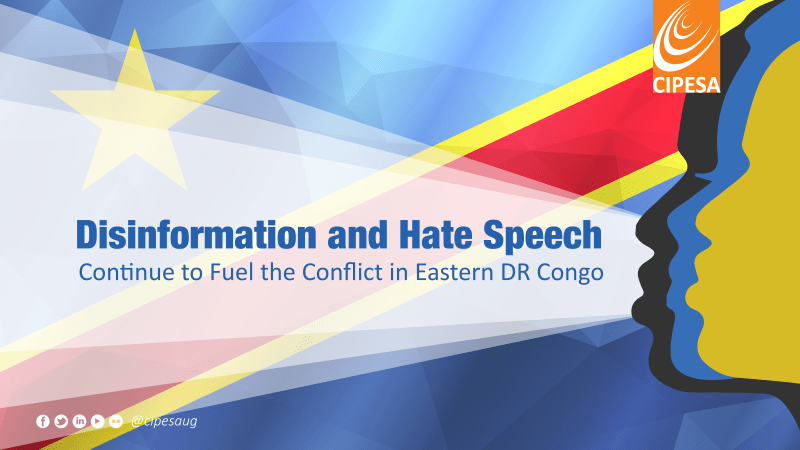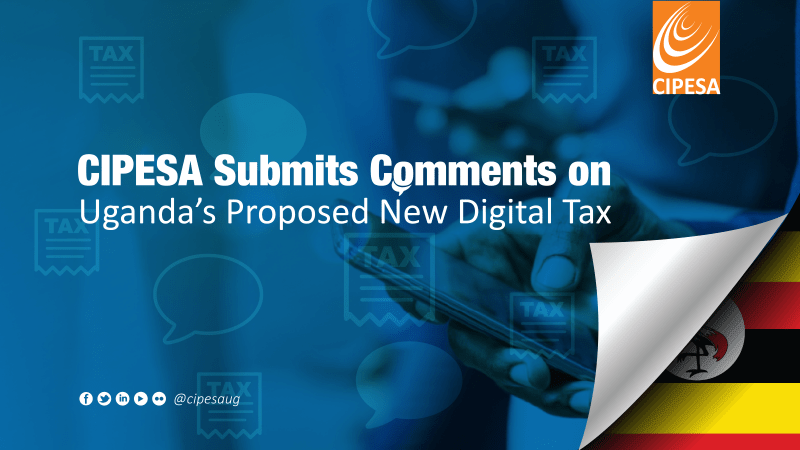By Brian Byaruhanga |
Over the years, journalists in Uganda have confronted a relentless tide of harassment, censorship, and physical violence as they diligently performed their duty. As reported by the Press Freedom Index, compiled by the Human Rights Network of Journalists, incidents of violations and abuse against journalists in Uganda have surged over recent years, climbing from 163 in 2018, to 165 in 2019, peaking at 174 in 2020, and 131 violations in 2021, culminating with Uganda dropping 7 (seven) places to 132 out of 180 countries from the 2021 rankings by the Freedom in the World Report in 2022. These transgressions are primarily orchestrated by regulatory authorities and security agencies. While challenges to journalism in Uganda are not novel, the advent of digital transformation and emergent technologies has infused new complexities into the landscape of press freedom and journalism practice in the country.
The ubiquity of digital technology has afforded journalists the ability to disseminate information rapidly. However, this swiftness has ushered in a suite of challenges to the very essence of journalism. It has engendered a proliferation of misinformation and disinformation, the imposition and acceptance of repressive legal frameworks, and the establishment of intricate content moderation systems.
In 2018, the Ugandan government, ostensibly to counteract the spread of what it pejoratively termed “gossip,” levied a tax on social media. This move was interpreted by critics as an effort to curtail freedom of speech and suppress dissenting viewpoints. Though, after years of resistance, this tax was ultimately overturned, it starkly illuminated the strained relationship between the government and the media.
In July 2022, the Computer Misuse (Amendment) Bill was introduced in the Ugandan Parliament, a piece of legislation that later became law. It outlined a fresh set of offenses, subject to punitive penalties of imprisonment and fines. The bill was devised to “prohibit the sending or sharing of information that promotes hate speech” and “provide for the prohibition of sending or sharing false, malicious, and unsolicited information.” It also sought to define and penalize hate speech.
See this CIPESA analysis of the Computer Misuse Amendment Bill 2022.
According to the bill, “a person shall not write, send or share any information through a computer, which is likely to ridicule, degrade, or demean another person, group of persons, a tribe, an ethnicity, a religion or gender; create divisions among persons, a tribe, an ethnicity, a religion, or gender; or promote hostility against a person, group of persons, a tribe, an ethnicity, a religion, or gender.”
Less than three months following its introduction, the Ugandan Computer Misuse Amendment Act of 2022 came into force, receiving the presidential assent of H.E Yoweri Kaguta Museveni on October 14, 2022.
These legislative measures appear to cloak attempts at content moderation under the guise of instilling self-censorship and disseminating fear regarding the sharing of information. Moreover, state surveillance emerges as another potent tool wielded against journalists, perpetuating reports of harassment, arrests, and detentions, often facilitated through state-sanctioned surveillance activities. There have also been allegations of the government employing spyware to target journalists and activists.
In the backdrop of the COVID-19 pandemic and the 2021 general elections, the Ugandan government implemented stringent surveillance protocols while intensifying existing restrictions on free expression. This crackdown became particularly conspicuous after a cohort of Ugandan investigative journalists received notifications that their devices had been compromised by Pegasus, a spy software enabling operators to extract messages, photos, emails, record calls, and clandestinely activate microphones and cameras. Notably, this software is attributed to the Israeli spyware firm, NSO Group, which officially supplies the Pegasus software to military, law enforcement, and government intelligence agencies for the purpose of targeting criminals and terrorists. However, multiple reports surfaced indicating the use of the software against politicians, journalists, and activists. Investigative journalist Canary Mugume was among the few who received an alert from Apple, signalling that state-sponsored attackers may be targeting his phone.
The escalating adoption of technologies like artificial intelligence and machine learning also invokes apprehension. While these technologies have the potential to enhance journalistic work, they also harbor the capacity to manipulate information and undermine the credibility of journalists. A notable example is the use of deepfake technology, capable of crafting persuasive yet fabricated videos or audio recordings, employed to discredit journalists and their work.
To address these threats to journalism in Uganda, it is imperative for journalists to embrace digital resilient practices, safeguarding their sources and their work. Additionally, media organizations should make investments in technologies capable of detecting and countering disinformation and misinformation.
The perils of disinformation and misinformation, state surveillance, arbitrary arrests, harassment, and brutality pose substantial challenges to the function of journalists and the role of media in a democratic society. Overcoming these challenges necessitates concerted efforts by journalists, media organizations, governments, civil society, and international entities to champion a free and independent media that effectively serves the public interest.
It is therefore imperative to acknowledge that journalists operate within an ever-evolving media and digital milieu. And proactive measures must be adopted to ensure their digital security through the implementation of appropriate precautions and the ongoing pursuit of the latest security measures. Specifically, journalists must undertake the following steps to safeguard their well-being while executing their professional responsibilities:
Digital Security Training: Journalists should participate in digital security training to acquire knowledge on how to protect themselves and their sources online. These training programs offer guidance on encrypting communications, securing devices, and maintaining anonymity.
Use of Encryption: Journalists should employ encryption tools like Virtual Private Networks (VPNs), encrypted messaging applications, and secure email services to ensure the security of their communications and data, safeguarding them from interception and surveillance.
Secure Data Storage: Journalists should adopt secure data storage practices, including the utilization of encrypted external hard drives, password-protected archives, and encrypted cloud storage services. These measures prevent unauthorized access and data breaches.
Two-Factor Authentication: To fortify their online security, journalists should implement two-factor authentication for their digital accounts. This extra layer of protection safeguards their accounts against unauthorized access.
Caution with Social Media: Journalists must exercise prudence on social media platforms. They should refrain from disseminating sensitive information and limit the extent of personal details shared online, thus mitigating the risk of exposing themselves or their sources to harm.
Practicing Situational Awareness: Maintaining an acute awareness of their surroundings is crucial for journalists, especially when conducting interviews or reporting from the field. This involves steering clear of hazardous areas and being vigilant for potential threats, ensuring their physical safety while pursuing their professional duties.
Use of Secure Networks: Public Wi-Fi networks, often unsecured, are susceptible to interception. Journalists should avoid their use and instead opt for secure networks or establish their own hotspots, reducing the risk of compromising sensitive data.
In navigating the multifaceted threats to journalism in Uganda, journalists must adopt a multifaceted approach encompassing personal digital security measures, collective industry efforts, and international advocacy for press freedom and journalists’ safety. These actions, coupled with unwavering commitment, will enable journalists to continue their indispensable work, promoting transparency, accountability, and democracy, even in the face of mounting challenges in the digital age.
Through the tireless pursuit of these strategies, journalists in Uganda can reinforce their resilience, fortify their commitment to truth-telling, and persevere in upholding the fundamental principles of journalism – principles that serve not only the interests of a free press but also the broader cause of democracy and informed citizenship. In this era of digital transformation, journalism remains an essential pillar of democracy and an indispensable guardian of society’s well-being. In conclusion, navigating the evolving landscape of journalism in Uganda demands not only the adoption of technical safeguards but also unwavering resolve. The challenges faced by journalists serve as a testament to the vitality of their work in safeguarding democratic values. In embracing the digital era, journalists must continue to shine a light on truth, accountability, and justice, thereby preserving the foundations of a vibrant, free, and democratic society.





